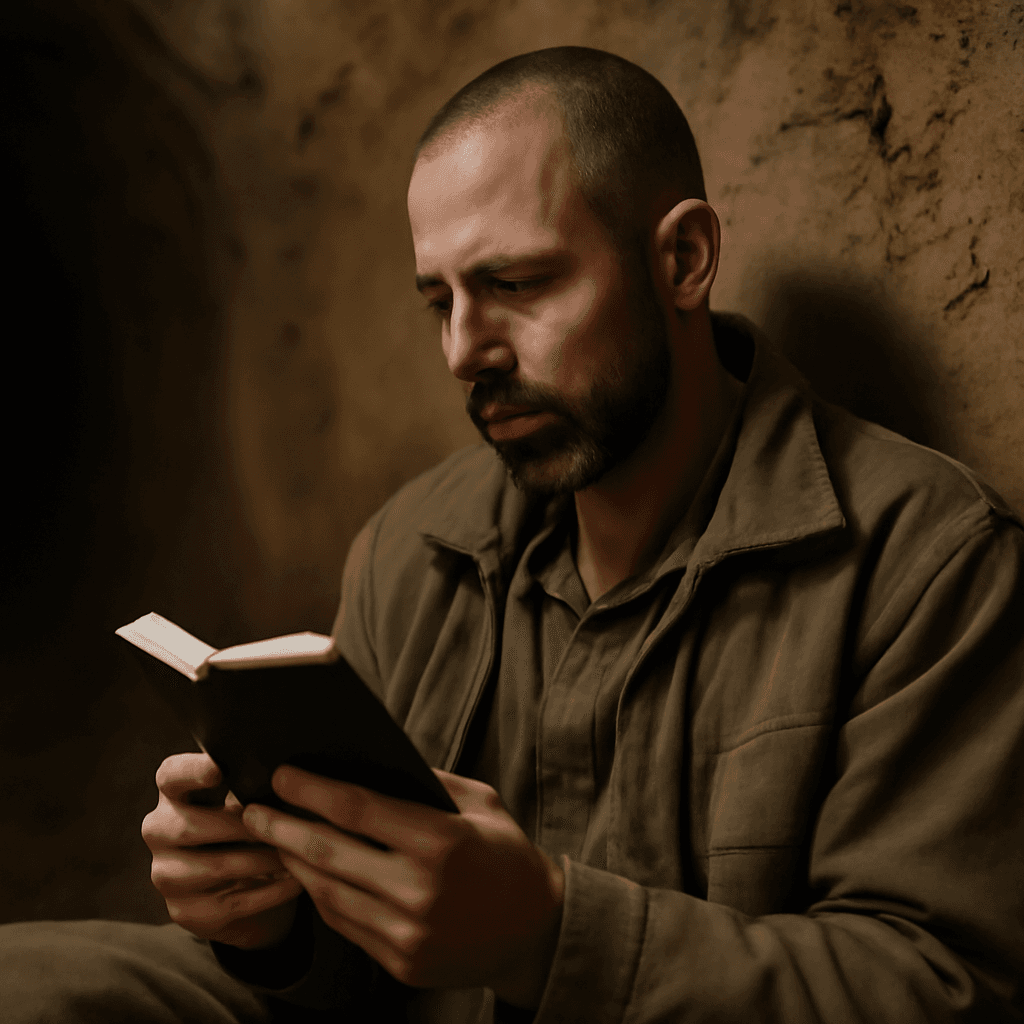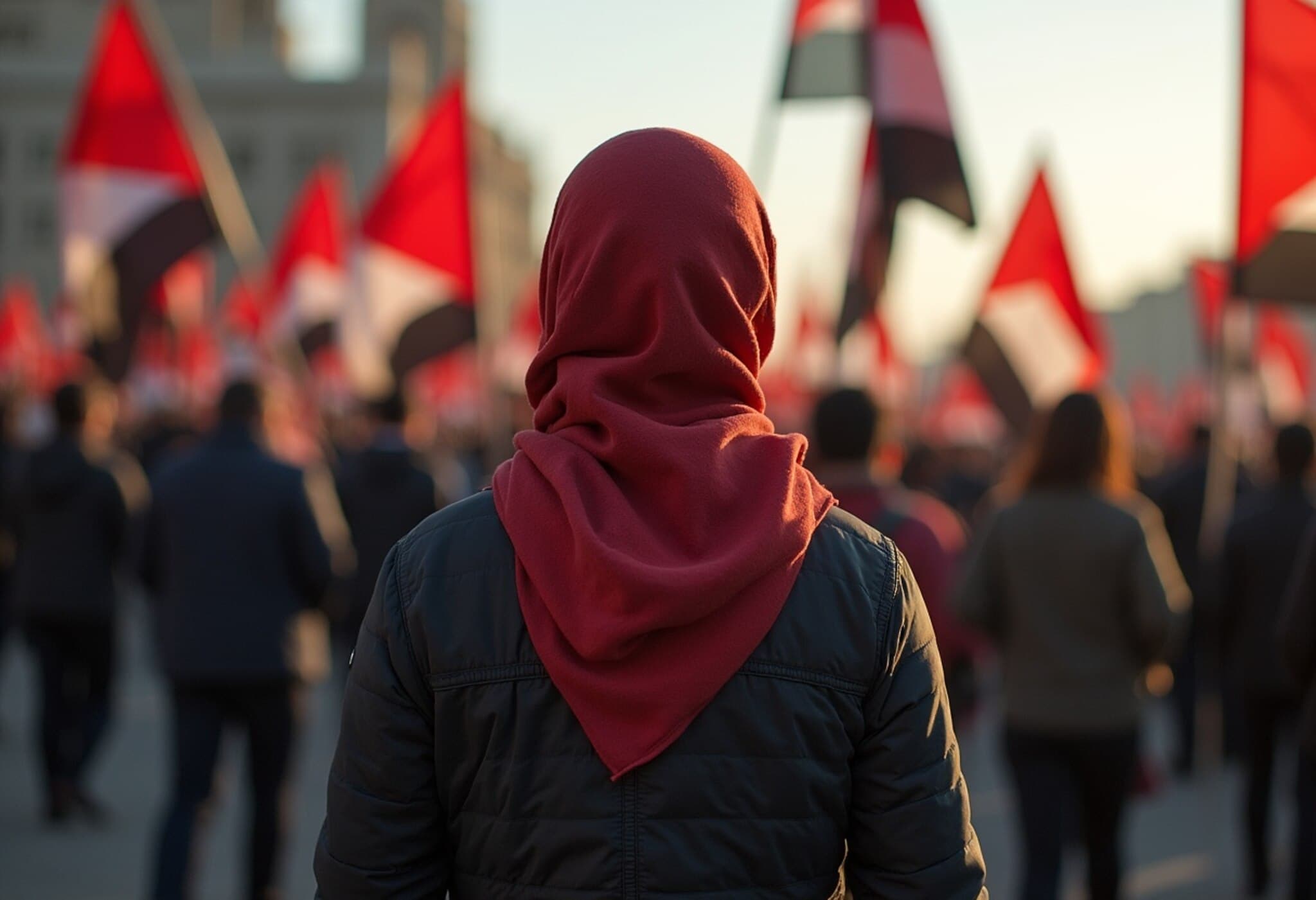Faith and Philosophy: Unexpected Allies in Gaza’s Underground Captivity
Omer Shem Tov was far from religious when he was kidnapped during the brutal events of October 7, 2023. Like many secular Israelis, faith had been a distant concept in his life. After completing his military service, he was working as a waiter and saving for a South American trip. Yet, mere days into his captivity deep within Gaza’s pitch-black tunnel network, Omer found himself praying, offering blessings for the meager scraps of food, and talking to God. He later reflected that faith became his lifeline — a steady anchor in a place devoid of sunlight, clocks, or any certainty.
Nietzsche, God, and the Search for Meaning Beneath Gaza
More than a century ago, philosopher Friedrich Nietzsche famously proclaimed that "God is dead." However, in the dark, suffocating tunnels where dozens of Israeli hostages were held, both Nietzsche’s existentialism and faith in God surprisingly coexisted. Survival here wasn’t just about physical endurance—it was about clinging to meaning when everything else was stripped away: identity, freedom, hope.
Omer’s Psalm 20 and the Enduring Power of "Why"
At just 20 years old, Omer was captured at a music festival and plunged underground in a plastic container, disappearing into the labyrinth beneath Gaza. Days into his imprisonment, deprived of time and light, he turned to Psalm 20: “May the Lord answer you on a day of distress.” This passage, incredibly, was also being recited by his mother back in Herzliya, unaware her son had adopted the same verse as his mantra. His faith wasn’t a sudden awakening—it was a survival tool forged by fear and profound isolation.
Alongside prayers, Nietzsche’s words echoed powerfully among captives. Inspired by Holocaust survivor Viktor Frankl’s interpretation, many repeated the phrase, “He who has a why can bear any how.” This saying became a spiritual anchor, shouted quietly in the depths of captivity and even tattooed on one hostage’s arm. It was a reminder that having purpose could turn suffering into something bearable.
A Collective Rediscovery of Faith in Unfathomable Circumstances
Omer’s journey was not isolated. Other hostages rediscovered or deepened their faith amid the darkness. Eli Sharabi, who survived nearly 500 days in captivity, recited prayers like the Shema Yisrael each night and improvised rituals such as kiddush over water when wine wasn’t available. For many, Jewish rituals became acts of resistance — personal, meaningful affirmations against dehumanization.
- One hostage saved a grape-flavored drink specifically for the Sabbath blessing.
- Some substituted makeshift gestures for traditional customs, like placing hands on their heads instead of wearing skullcaps.
Though such actions may have appeared symbolic or theatrical to captors, to the hostages they represented hope, identity, and spiritual survival.
Philosophy and Ritual: Tools for Endurance
Nietzsche's philosophy paired with religious faith provided a rare stability in unimaginable conditions. While God offered ritual and comfort, Nietzsche’s ideas gave prisoners a reason to endure the unbearable. Interestingly, even the kidnappers unwittingly supported this by passing Omer literature they found, including religious texts and a card with Psalm 20 — the very verse his mother had received months earlier from a support group, linking two worlds separated by conflict.
Survival Amid Darkness: Omer’s Story of Resilience
Omer spent 50 days in a cramped, dark cell with minimal food and water, struggling with untreated asthma. In desperation, he prayed for change, and his captors soon moved him to a better space — a moment he interpreted as divine intervention. Through cooperation and quiet determination, he survived tunnel collapses, maintained Sabbath rituals, and even preserved a bottle of drink for blessings.
Today, back home, Omer embraces daily prayers with tefillin, fulfilling the promises he made underground. His mother, too, has grown closer to the traditions. Their story reflects not a conversion but a rediscovery — how, when stripped of the world’s distractions, ancient faith and thoughtful philosophy can become powerful tools for survival and resilience.
Faith, Philosophy, and the Human Spirit
Omer’s experience in Gaza’s tunnels reveals much about the human capacity to find meaning amid despair. It underscores how both spirituality and existential philosophy can serve as vital lifelines when all else is lost, uniting people in even the darkest of places.

















